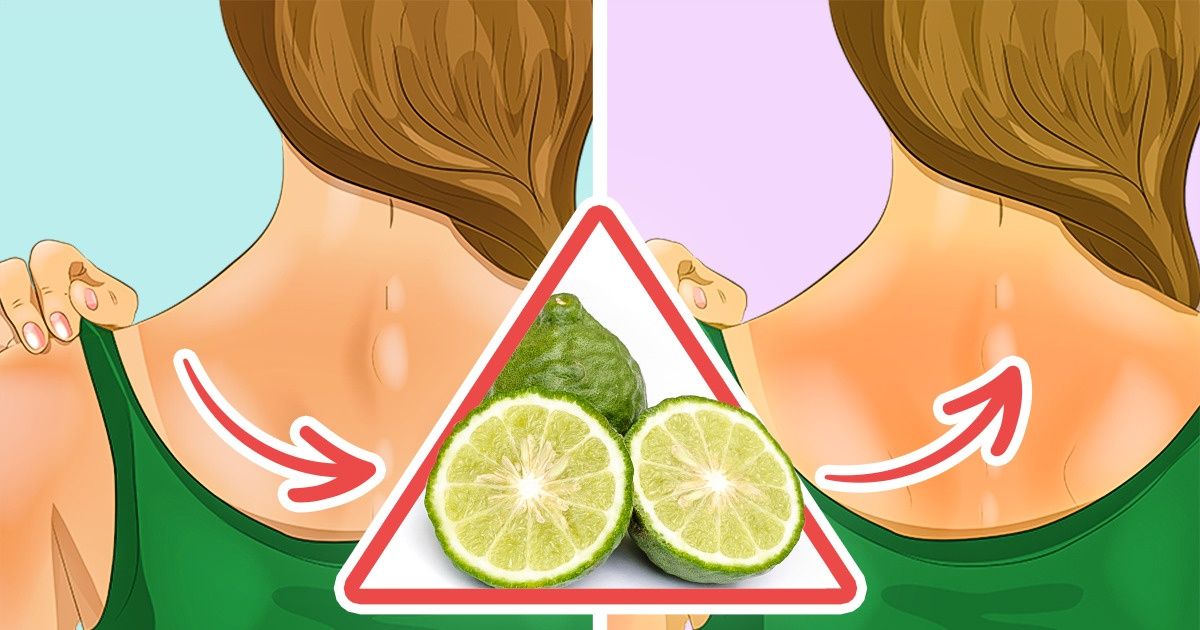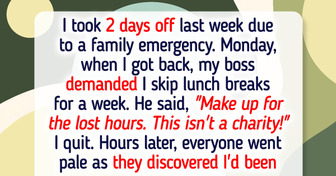I Refused to Be the Office’s “Go-To” Holiday Backup Just Because I’m Single


Bright Side advocates for wellness without risks and wants to keep you informed about the dangers lurking behind beauty routines. Don’t forget to check the bonus section, we discuss the steps that can help you deal with essential oils in a more safe way there.
Studies show thousands of incidents of essential oil poisoning in past years and more than half of them included children. Toxicity spreads rapidly, and it only requires a tiny amount of oil to create a life-threatening situation. It can lead to vomiting, lung injuries, and central nervous system depression. The worst offender is eucalyptus oil, a few drops of which can result in nausea, stomach pains, and convulsions.
While 80% of cases were accidental, because the oils were mistaken for liquid medicine, like cough syrup, there were still a number of people who took essential oils orally due to misinformation.
Some essential oils are photosensitizers, which means they increase the skin’s vulnerability to sunlight. It includes the citric oils and the biggest culprit — bergamot oil. Many citrus fruits contain a compound called furocoumarin, which can cause chemical burns when exposed to sunlight. In the most severe cases, even a few minutes under the sun’s rays can result in blisters and welts.
And hey, plants produce the furanocoumarin as a defense against animals, insects, and fungi. Perhaps, we’re not welcome either.
The range of essential oil-induced skin issues varies from minor irritations to full-on allergies, like for example, dermatitis. Allergic reactions lead to hives, rashes, itching, and burning. The skin itself can also turn dry, scaly, and start to crack.
It’s an especially bad idea to use oils on damaged skin since it absorbs more oil and its reaction may be unexpected and unpleasant. And you should never use undiluted oil: it can be downright dangerous to your skin!
Some essential oils contain additives and impurities that may be harmful to pregnant women. Their infamous sensitivity to smells and tastes can result in nasty side effects of essential oil use, like nausea, headache, vomiting, and vertigo.
Even the oils applied on the skin can seep into the placenta and affect the baby. In the worst-case scenario, the pregnancy could end in miscarriage.
In the end, being essential doesn’t make these oils important or necessary for us. The problem isn’t how dangerous they can be, but how they’re marketed. Much of the hype around the oils springs from the fact that they are natural products, and, therefore, cannot be harmful. Which is untrue, at best.
If we divorce the hype and branding from reality, we can see that essential oils are neither a “cure-all” good thing nor a “scary dangerous” bad thing. Some oils do have anti-parasitic and antiseptic properties, can aid with hair issues, and their soothing scents helps relieve stress. Yet, when misused, they might lead to all the things we discussed above.
So the best you can do is:
Do you use any essential oils? Which ones? Have you noticed whether it helped you or, on the contrary, that it had a negative effect?











